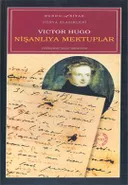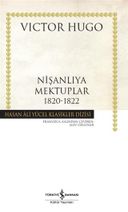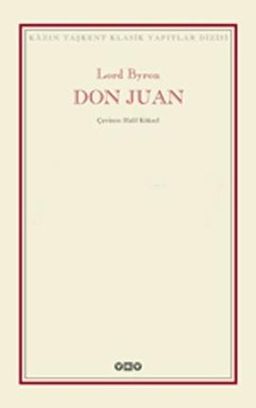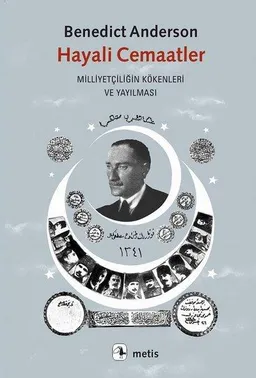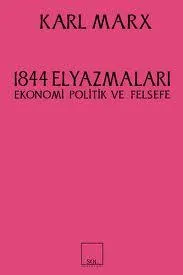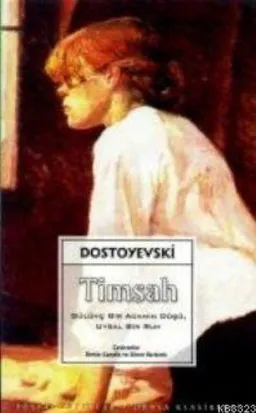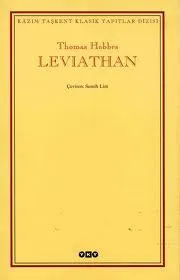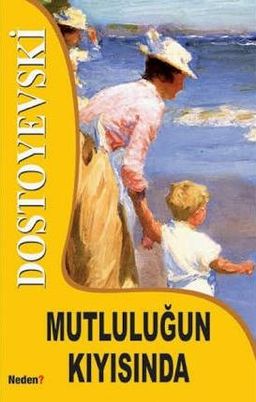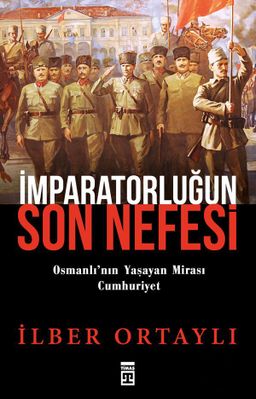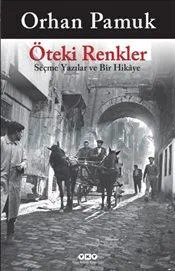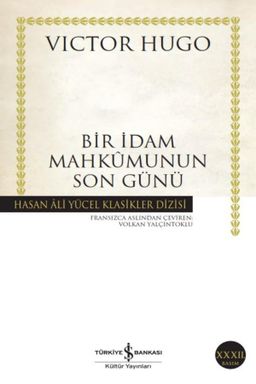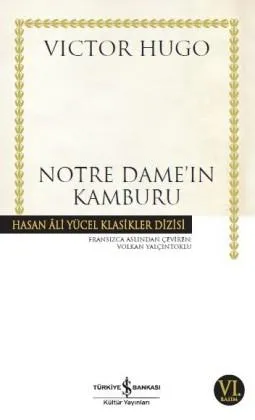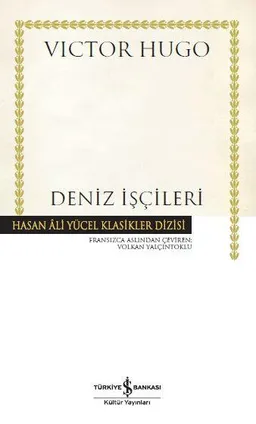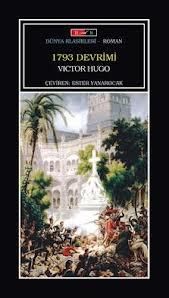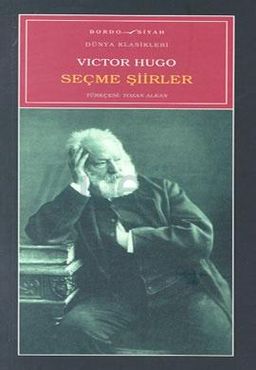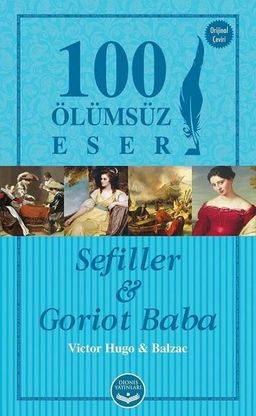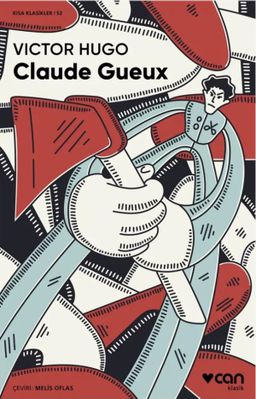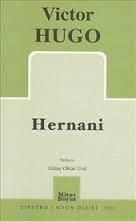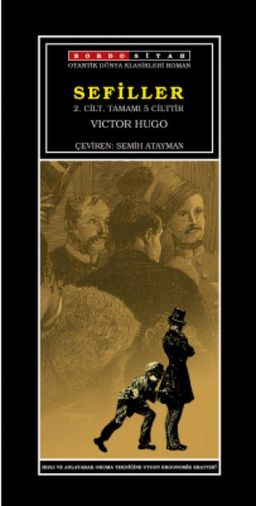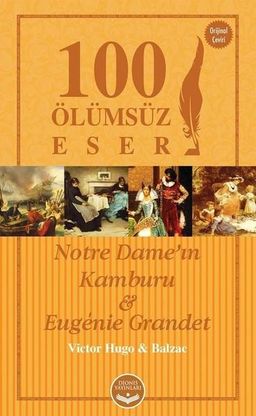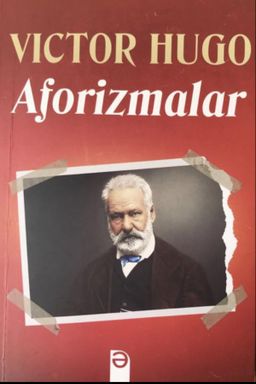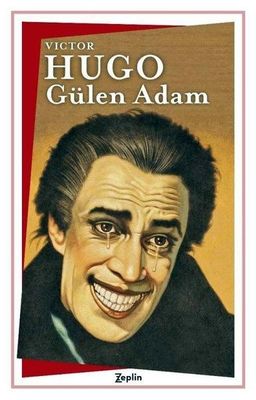Nişanlıya Mektuplar 1820-1822
Victor HugoAbout Nişanlıya Mektuplar 1820-1822
Nişanlıya Mektuplar 1820-1822 subject, statistics, prices and more here.About
Victor Hugo (1802-1885): Fransız edebiyatının en ünlü yazarlarından biri olan sanatçı, edebi ününü şiirleri ve oyunları ile kazandı. Romantik akımın en tanınmış adları arasında yer aldı.
Toplumsal sorunlar ve politikayla yakından ilgilendi, 1848 ayaklanmalarının ardından Kurucu Meclis’e katıldı, daha sonra milletvekilliği yaptı, l’Evénement adlı bir gazete çıkardı. 1852’de Louis Bonaparte’ın imparatorluğunu ilan ettiği hükümet darbesine karşı çıktığı için sürgün edildi. Cezası 1859’da sona erdi, fakat imparatorluk yıkılana kadar gönüllü olarak sürgünde kaldı.
Hugo’nun, Adèle Foucher ile acı, sevinç, kıskançlık ve mutluluk dolu yazışmalarının yer aldığı Nişanlıya Mektuplar, yazarın bir genç adam olarak portresini sunarken, tutkulu ve tutkun kalbiyle aşk üzerine düşüncelerinin yanı sıra “edebiyatçı gururu”nu da gözler önüne seriyor.
Author: Victor Hugo
Translator: Alev Özgüner
Editor: Deniz Resul
Türler:
Estimated Reading Time: 7 hrs. 42 min.Page Number: 272Publication Date: June 2022First Publication Date: 2003Publisher: İş Bankası Kültür YayınlarıOriginal Title: The Love Letters of Victor Hugo 1820 - 1822ISBN: 9786254290398Country: TürkiyeLanguage: Türkçe
Book Statistics
All statistics
Statistics of this edition
Reader Profile of the Book
Kadın% 65.5
Erkek% 34.5
0-12 Yaş
13-17 Yaş
18-24 Yaş
25-34 Yaş
35-44 Yaş
45-54 Yaş
55-64 Yaş
65+ Yaş
About the Author
Victor HugoYazar · 87 books
This text has been automatically translated from Turkish. Show Original
Victor Hugo was born on February 26, 1802 in France. After graduating from high school, he devoted himself entirely to literature. In 1824, he founded the magazine La Muse Française, the publication of the French romantics. He became a member of and focal point of the exuberant circle of artists called the Cenacle. It experienced one of its most productive periods between 1830 and 1843. He ran from success to success with his novels, plays and poems. In 1831 he published his major novel, Notre Dame de Paris (Notredame Church of Paris). He was elected a member of the French Academy in 1841. After his beloved daughter Leopoldine accidentally drowned in 1843, he did not produce any new works until 1852. He was elected as a member of parliament after the 1848 Revolutions. 3. He tried to prevent Napoleon's coup d'état, but when he failed, he had to flee to Belgium in 1851.
As an ardent supporter of democracy and republic, he wrote works criticizing the imperial regime. He spent 1855-1870 on the small British island of Guernsey. That period was the most productive years of his writing. In 1862, he published his masterpiece, the novel Les Misérables. This was followed by important novels such as Les Travailleurs de la Mer (The Sea Workers) in 1866 and L'Homme qui Rit (The Laughing Man) in the same year.
When the Republic was re-established in France, he returned to Paris. He was elected to the National Assembly. He was now one of the most popular people in France. After the Paris Commune was crushed, he tried hard to spare the communards, but to no avail. He gradually withdrew from political and social life.
On his death bed in 1885; "I believe in God, I believe in the afterlife; But I don't want any church priest over me. I am waiting for the heartfelt prayers of all the people of the world who love me. This is enough for me." He passed away on May 22, 1885.
Books
Bir İdam Mahkûmunun Son Günü
8.1/10
Sefiller (1. Cilt)
8.6/10
Sefiller (2 Cilt Takım)
9.4/10
Notre Dame'ın Kamburu
8.7/10
Deniz İşçileri
8.4/10
1793 Devrimi
8.4/10
Nişanlıya Mektuplar 1820-1822
7.7/10
Seçme Şiirler
8.3/10
Sefiller - Goriot Baba
9/10
Claude Gueux
8.5/10
Hernani
7.2/10
Sefiller 2. Cilt
9.4/10
Notre Dame'ın Kamburu - Eugeni...
8.1/10
Aforizmalar
7.9/10
Gülen Adam
8.5/10
